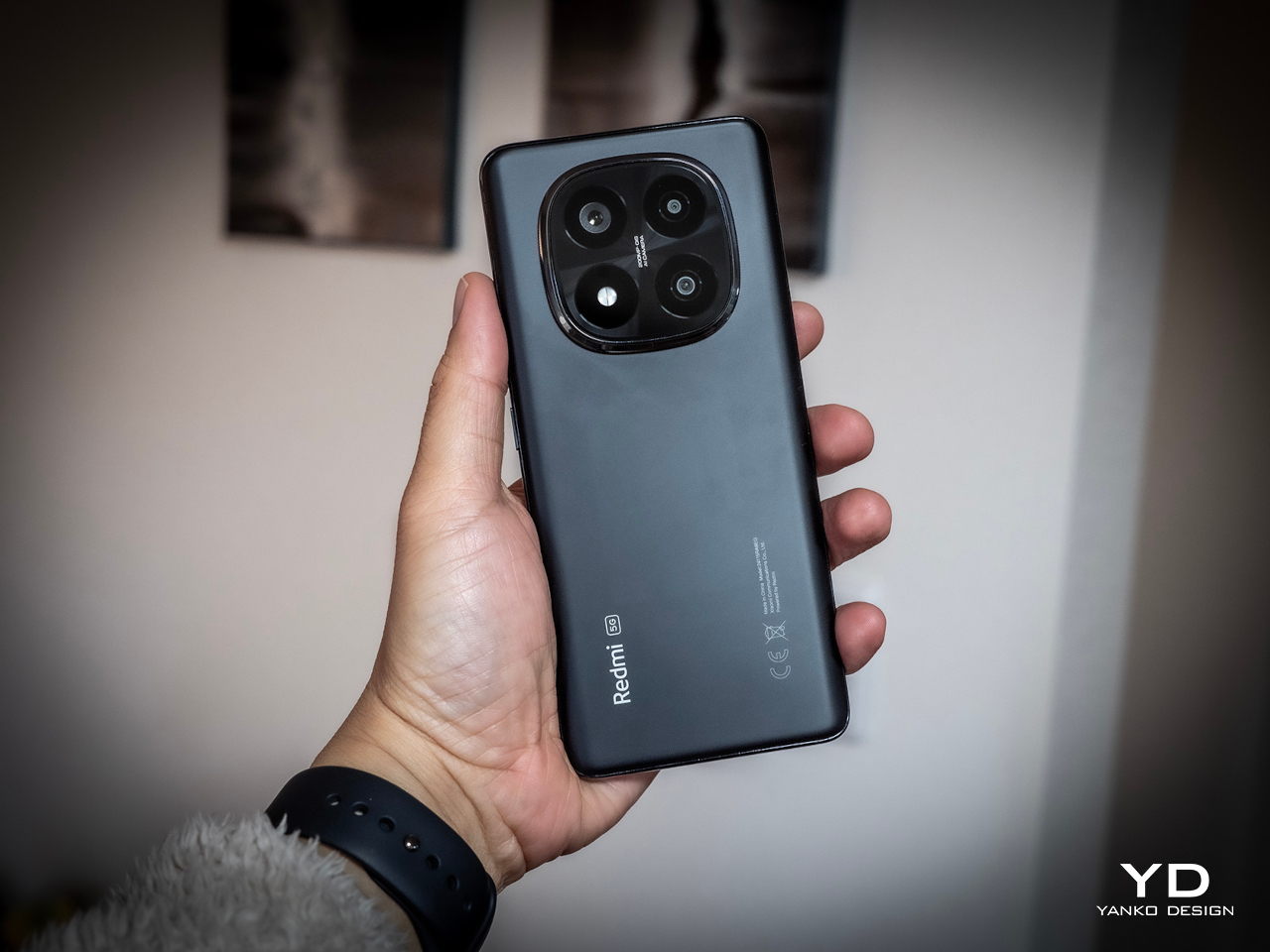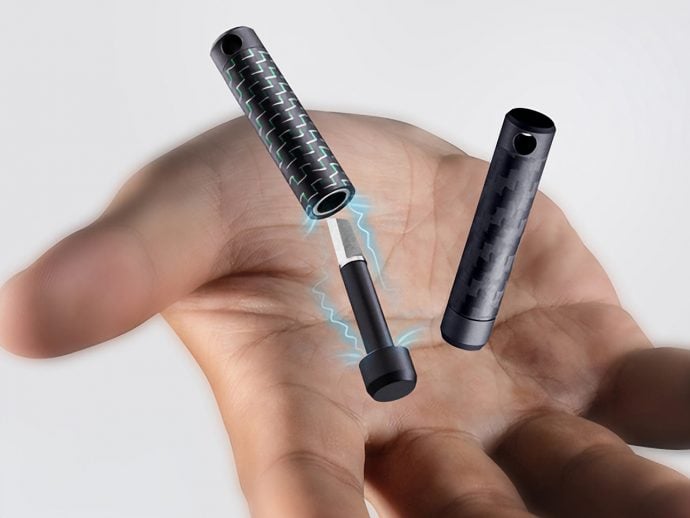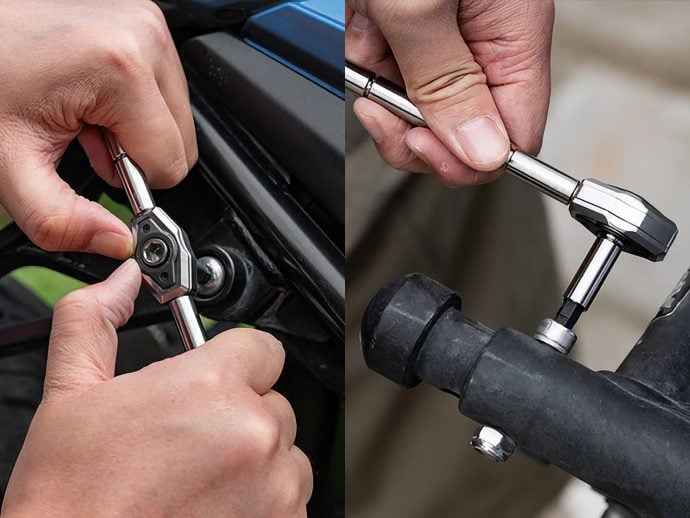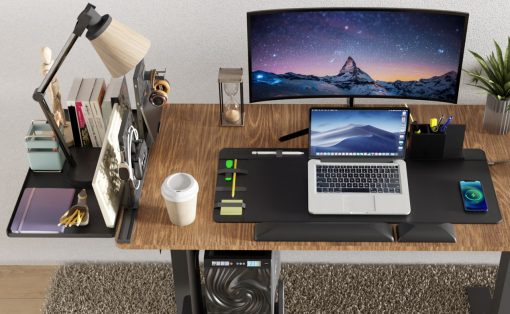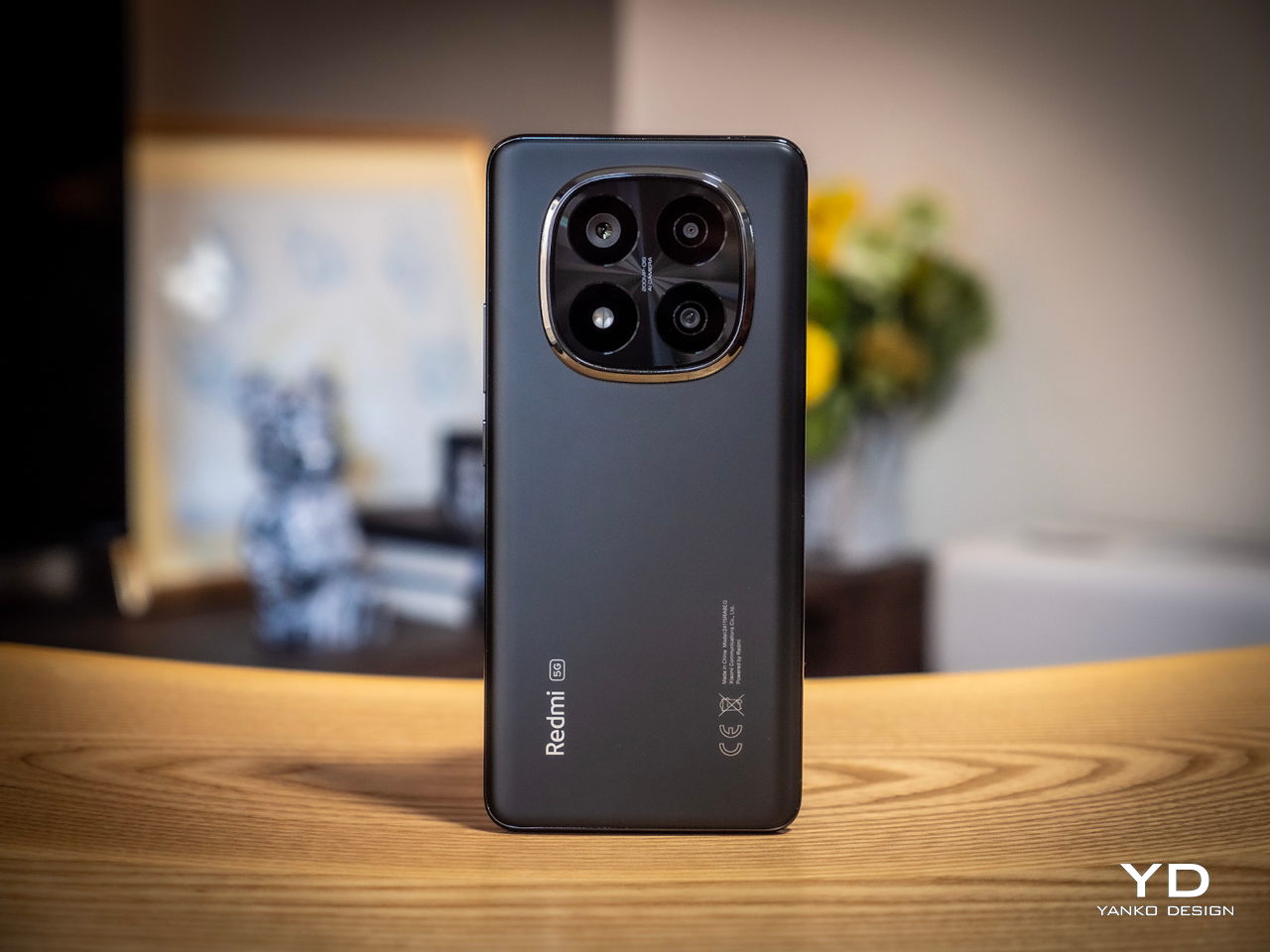
PROS:
- Beautiful and bright display
- Decent mid-range performance
- Improved durability and reliability
- Large battery with super-fast 120W charging
CONS:
- No telephoto camera, disappointing ultra-wide camera
- No wireless charging
- Slightly dated design
The mid-range smartphone market is honestly more exciting than the flagship segment, at least in recent years. With more expensive flagships, you can almost accurately predict where they’re headed, but lower tiers can catch you off-guard with surprising upstarts and unexpected disappointments. There seems to be more wiggle room for experimentation here, giving brands the freedom to test out different combinations of features and designs.
Sometimes you get astounding mid-range flagships that make you question why you’d even bother with premium models when you can get nearly the same for so much less. Sometimes, however, you also get head-scratching disappointments that make you wonder what went wrong during that decisive board meeting. With the global launch of the Redmi Note 14 Pro+ 5G, we get to revisit those questions to see on which side of the fence Xiaomi’s mid-range champ falls.
Designer: Xiaomi
Aesthetics
They say that beauty is in the eye of the beholder, and the Redmi Note 14 Pro+ 5G’s design embodies that perfectly. Depending on where you stand, it’s either a bold and modern upstart or a tried and tired veteran. Compared to previous generations of Redmi Notes, the current flagship is admittedly the most stylish, the most modern, and the most elegant. It’s a design that finally catches up with more luxurious and more expensive devices in the market, finally giving Xiaomi a head-turning mid-range phone.
The slight problem with that is that the flagship market has also moved on from the sexy curves that once defined that category, curves that the Redmi Note 14 Pro+ 5G flaunt so boldly. Both the back glass panel and the front display curve sharply at the side to meet the very thin mid-frame edge, definitely a classic aesthetic. Then again, there is no shortage of people who denounce the new flatness of today’s smartphones, so they might find some recourse in this design.
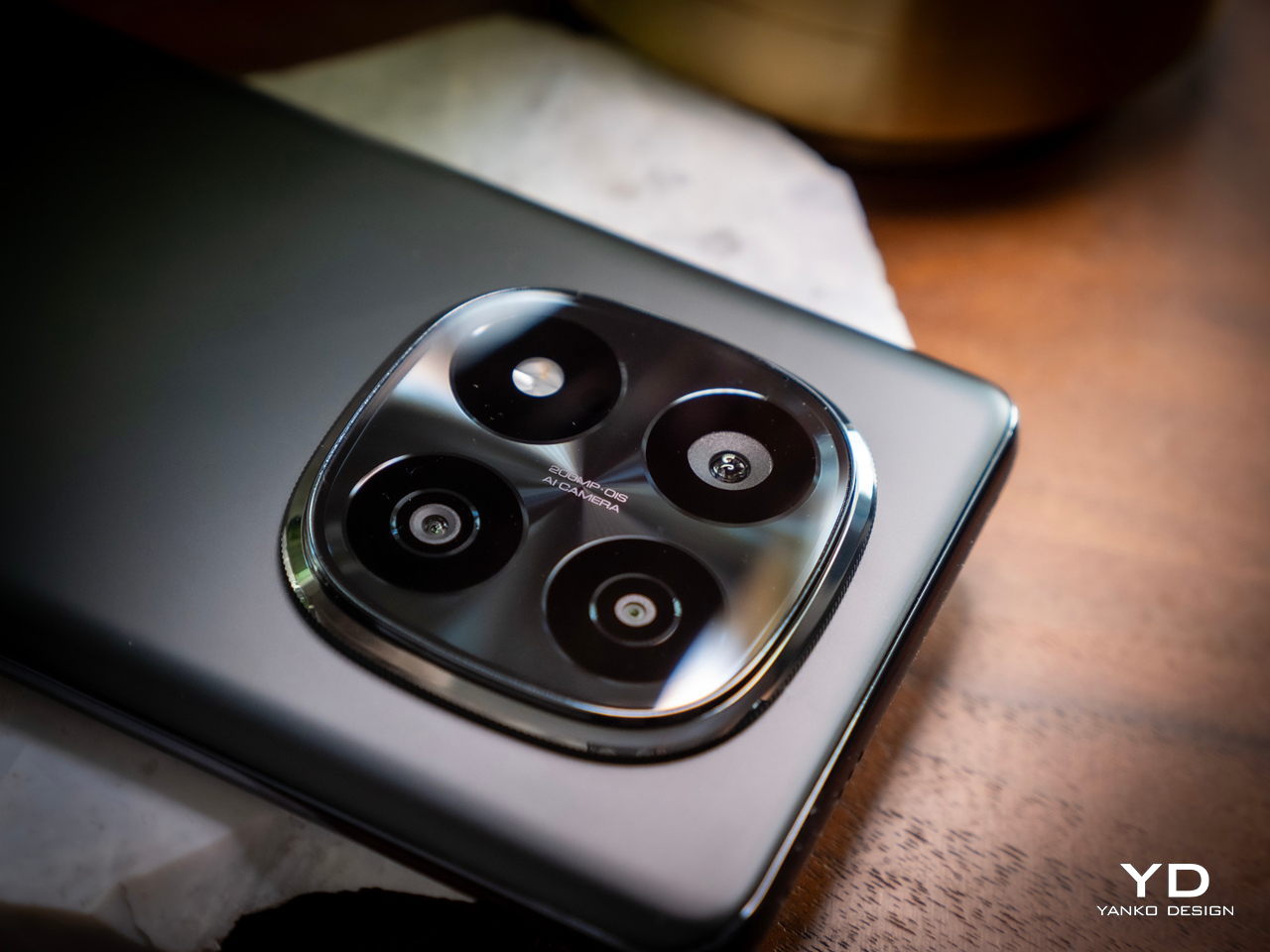
The camera design is just as ambiguous on more than one level. The “squircle” or “porthole” shape feels like it’s caught in the middle of a tug-of-war between square and camera designs. It does give it a bit of distinction, visually separating it from other designs. Despite the four circles in that large bump, the Redmi Note 14 Pro+ 5G only has three cameras in reality, a deception that’s really the least of its offenses in this matter.
Ergonomics
There are benefits to this “classic” flagship design, thankfully. Some people find it more comfortable to hold a slab whose curves gently rest inside their hands. It makes reaching far edges a little easier, though the screen size is still an obstacle. The matte glass back tries to add a bit of grippiness, but only ever so slightly. Those who find the smooth and curved phone slipping frequently from their hands will appreciate the color-matching silicone case included in the box.
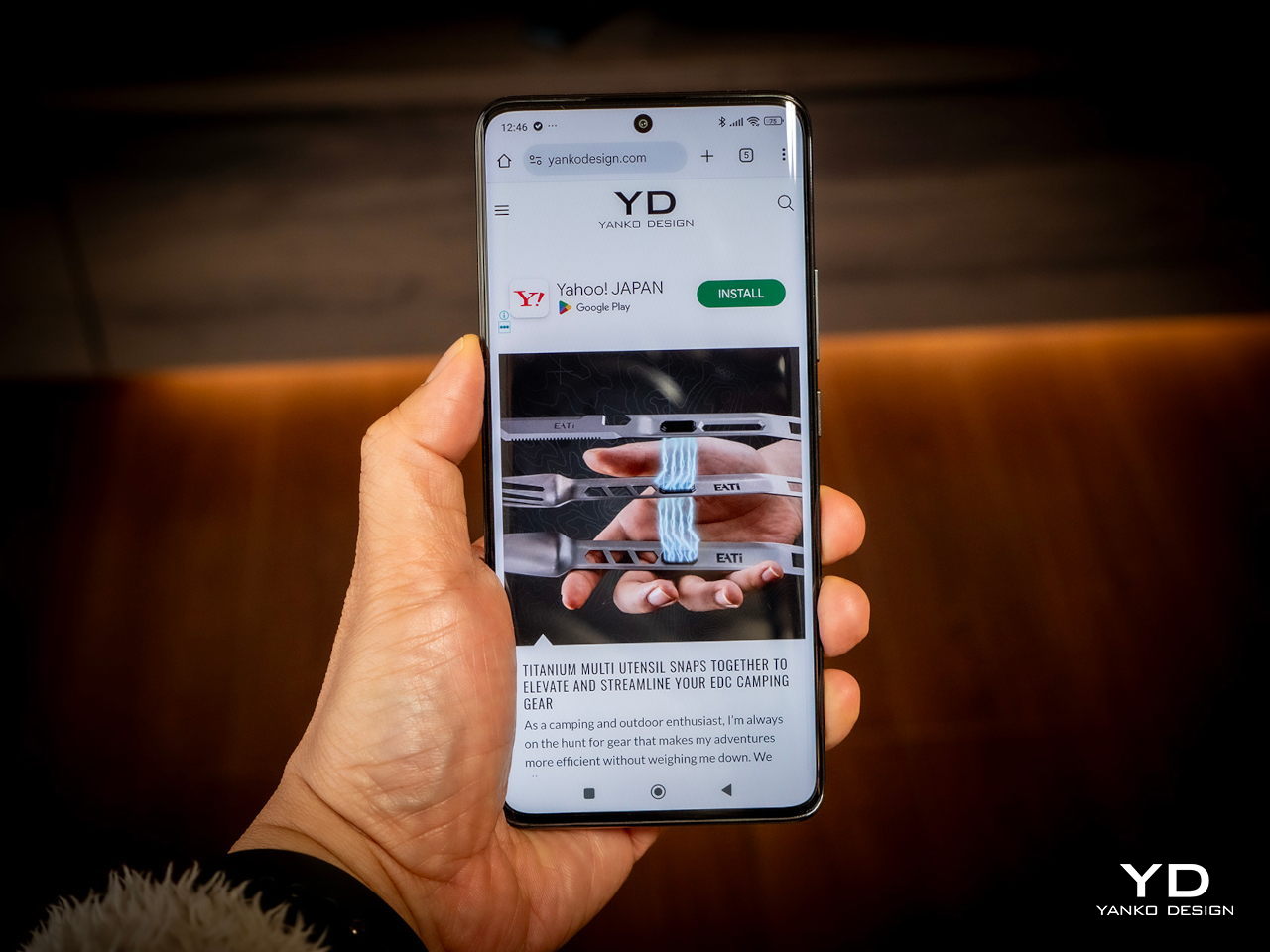
The large camera design also has an advantage because of how it’s placed in the middle of the phone’s back. It distributes the weight evenly across the width, giving it a bit more stability in your hand. It also prevents the phone from wobbling when you place it on a table and tap on the screen. It might seem like a minor annoyance, but it all adds up to a more pleasurable user experience.
Performance
The Redmi Note 14 Pro+ 5G is by no means a premium flagship phone, and it shows in the silicon that runs everything. The Snapdragon 7s Gen 3, an incremental upgrade from the previous-gen Qualcomm mid-range chip, performs quite well for many everyday tasks, including some light mobile gaming. It isn’t, however, going to give great results in more graphics-extensive applications and more resource-hungry processes like photo manipulation or on-device video editing. To put it into context, the Snapdragon 7s Gen 3 would be on par with a Snapdragon 870 or 888 from 2021.
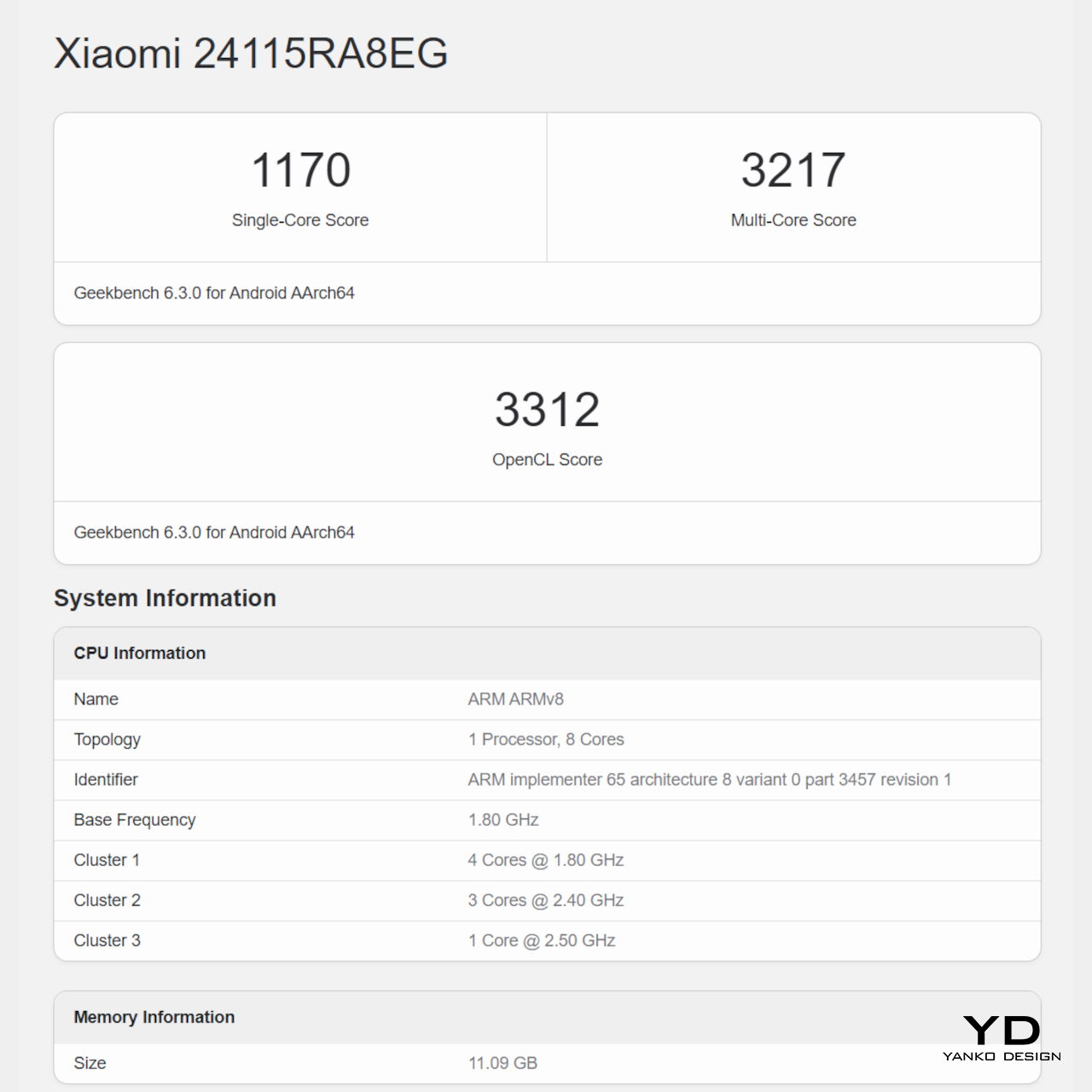
A bit ironically, the bottleneck isn’t exactly the CPU but Xiaomi’s odd choice for memory and storage, LPDDR4X and UFS2.2, respectively. These are many generations behind the latest technologies, and even if you were considering cost-cutting reasons, it’s still too steep a performance drop to make, at least on paper. Thankfully, the Redmi Note 14 Pro+ 5G does remain responsive under moderate load, despite the somewhat bloated design of its custom Android skin.
Fortunately, content looks gorgeous on the phone’s 6.67-inch 1.5K AMOLED screen with a maximum 120Hz resolution. Not only does it support 100% of the industry-standard DCI-P3 color gamut, it also has an incredible 3000 nits of peak brightness, making short work of sunny days. Paired with impressively decent audio, this makes the Redmi Note 14 Pro+ a great device for watching videos and playing games. The latter, however, might sometimes prove to be a bit tricky at times because of how content and controls could get a little distorted at the edges because of the curvature.
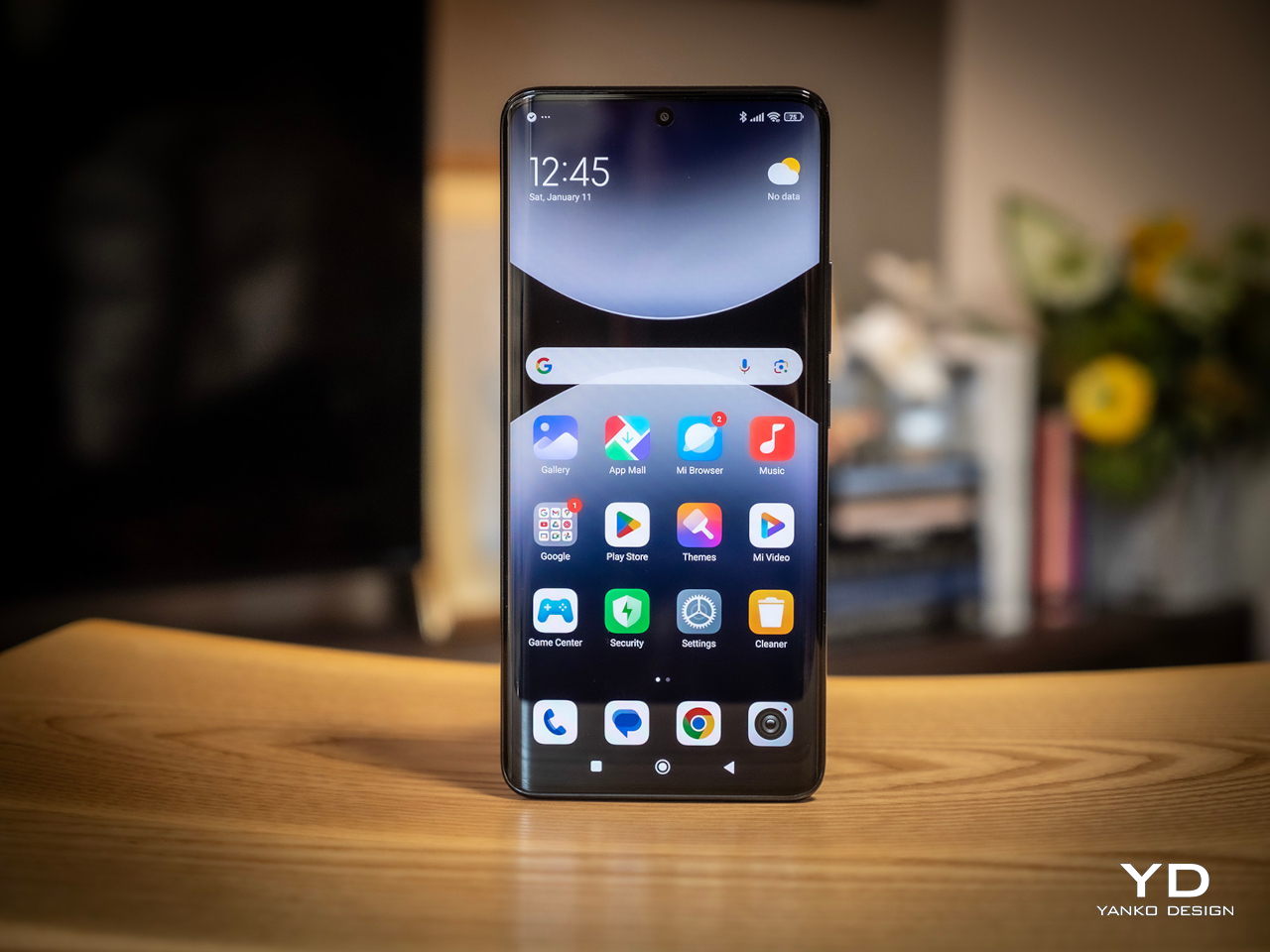
Another thing that makes this mid-range phone a great content consumption machine is the generous, 5110mAh battery, enough to last you a full day before plugging it in. When it comes time to do so, the 120W HyperCharge technology zooms from zero to full in less than forty minutes, presuming you’re using the included 120W charger. This story would have had a good ending if Xiaomi finally gave its mid-range flagship wireless charging support, but alas, that is still not the case.
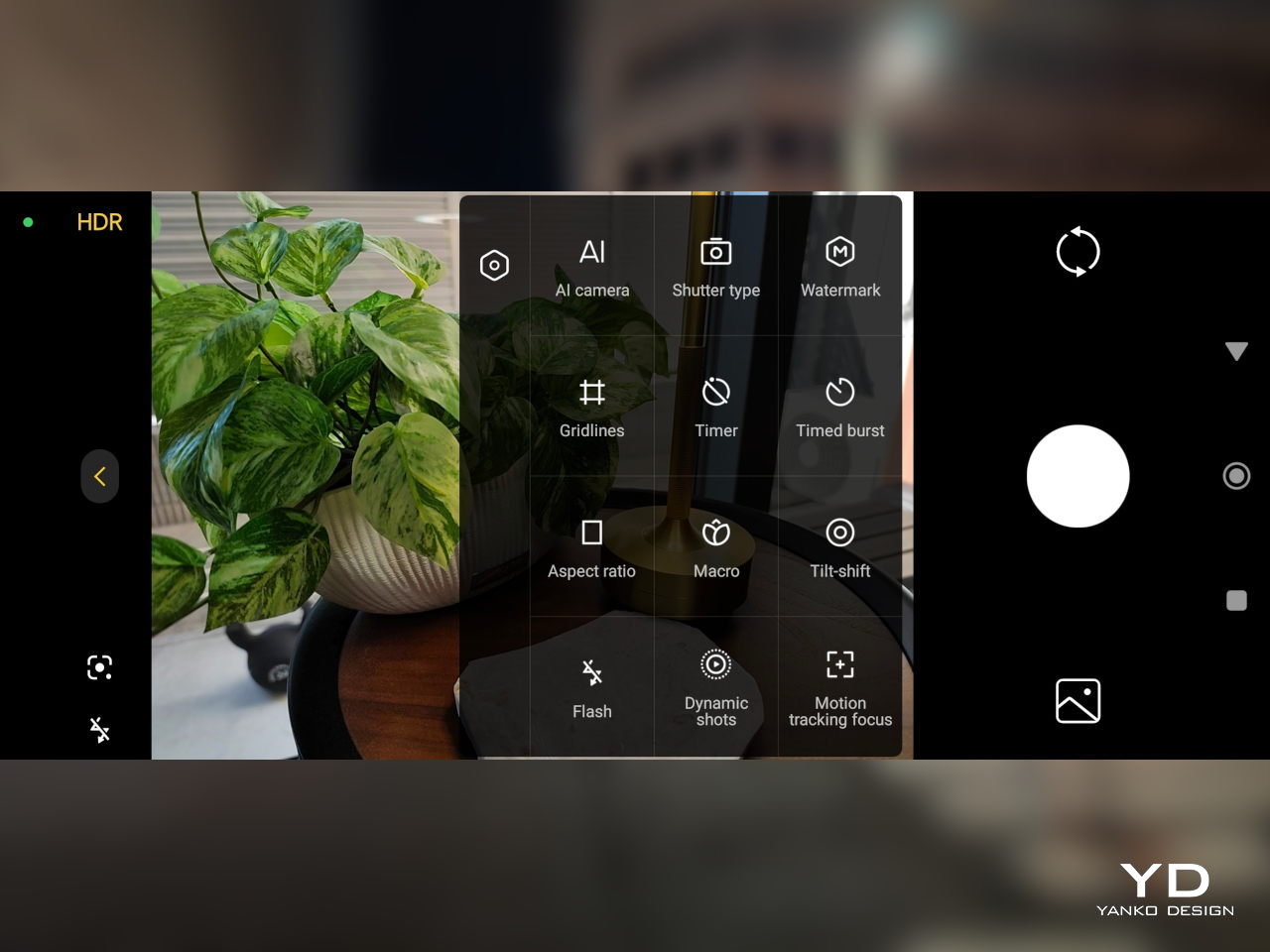
Next to raw performance and battery life, cameras are the most critical features of a smartphone these days. One would presume that this is true across all market tiers, and for the most part, it is. That’s why it’s rather surprising and puzzling that Xiaomi seems to be shooting itself in the foot with the Redmi Note 14 Pro+, or at least its global version.

Make no mistake, the 200MP f/1.65 main camera is quite formidable, especially when there’s enough light around. Whatever it lacks at night or in dim environments, post-processing and a bit of AI are enough to compensate, leading to rather good shots with plenty of sharpness and details. That, however, is where the good news stops, and things take a sharp nosedive.


An 8MP ultra-wide camera in this day and age is more than disappointing. It’s almost unforgivable. The photos it takes are borderline decent, at least until you try taking shots in darker situations. Instead of a telephoto camera that its Chinese sibling has, the global Redmi Note 14 Pro+ only has a 2MP macro shooter that doesn’t even properly do what it’s supposed to.


Perhaps adding insult to injury is how this trio of sensors is the exact same group that Xiaomi has been using since the Redmi Note 12 Pro+ in late 2022. Sure, you can still squeeze out some more performance with software and AI tricks, but the flaws start to show quite easily. Even the 20MP front-facing camera seems to be stuck in the past, unable to record in the 4K resolution it should technically be capable of.

Sustainability
When compared to its predecessors, the Redmi Note 14 Pro+ design is a well-deserved upgrade, both in looks as well as durability. Not only does it look more stylish, it also boasts an upgrade to Gorilla Victus 2 for the screen and Gorilla Glass 7i for the back. Throw in the IP68 rating, and you’ve got a formula for a phone that should, at least in theory, last you years.
The same can’t be said for software support, though, with Xiaomi’s old bad behavior rearing its ugly head again. The phone is promised three years of Android version upgrades, which is the bare minimum, but with a rather big caveat. The Xiaomi HyperOS custom experience it ships with is based on Android 14, which launched in 2023. In reality, the first upgrade owners will get will be last year’s Android 15, so it’s practically good for only two major software updates until 2027.
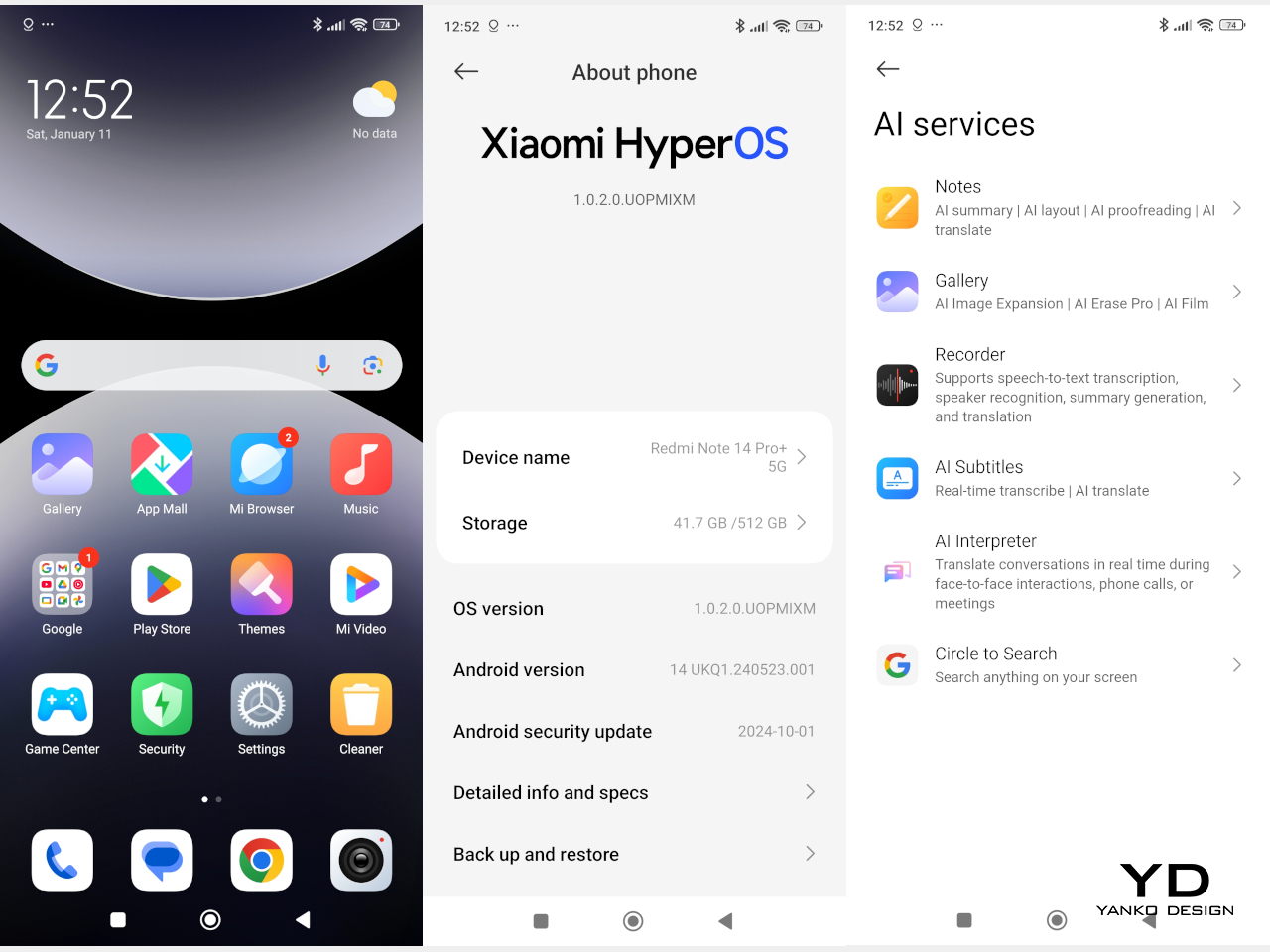
Value
The mid-tier smartphone market is a land thriving in innumerable choices, some of which can be surprisingly delightful, while others are downright disappointing. There’s a rich variety of designs and features, but that also makes choosing even more difficult. The Redmi Note 14 Pro+ makes that decision even harder because it stands too close to its own past.
For around $450, you are getting the latest mid-range Qualcomm Snapdragon processor and a fast-charging battery paired with specs from two years ago. The design might seem fresh for the Redmi Note line, but it is a style that is growing less popular among the upper echelons of the smartphone industry. The cameras, while serviceable, don’t pack quite the same punch as its contemporaries, making the Redmi Note 14 Pro+ a hard sell unless you’re upgrading from an even older or lower Redmi model.
Verdict
The Redmi Note continues to be Xiaomi’s mid-range king, and the current-gen model definitely shows it. It’s a well-balanced smartphone with plenty of features to satisfy most users, with a price tag that won’t make them sweat too much. And it looks good to boot, finally worthy of the “flagship” moniker.
In the grander scheme of things, however, this king might be found a bit lacking. The use of older memory technologies and the reuse of older camera sensors won’t sit well with many people, at least those who like to dig deep into specs and comparisons. Truth be told, the average buyer might not care so much and only see a sleek smartphone with decent chops, and in that regard, the Redmi Note 14 Pro+ 5G definitely doesn’t disappoint.
